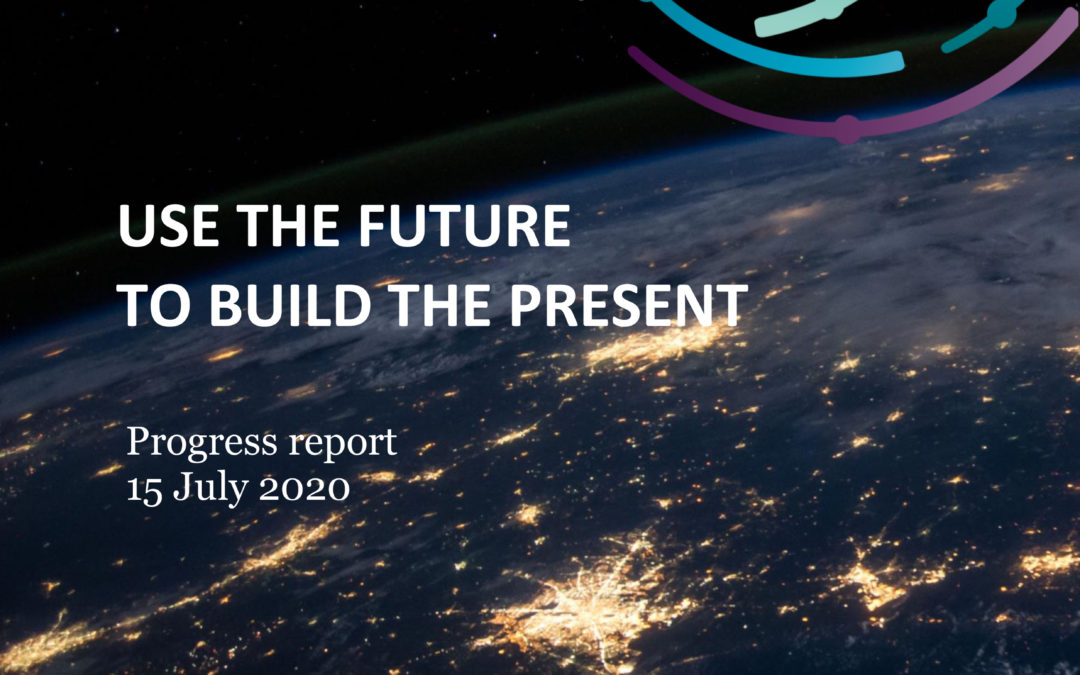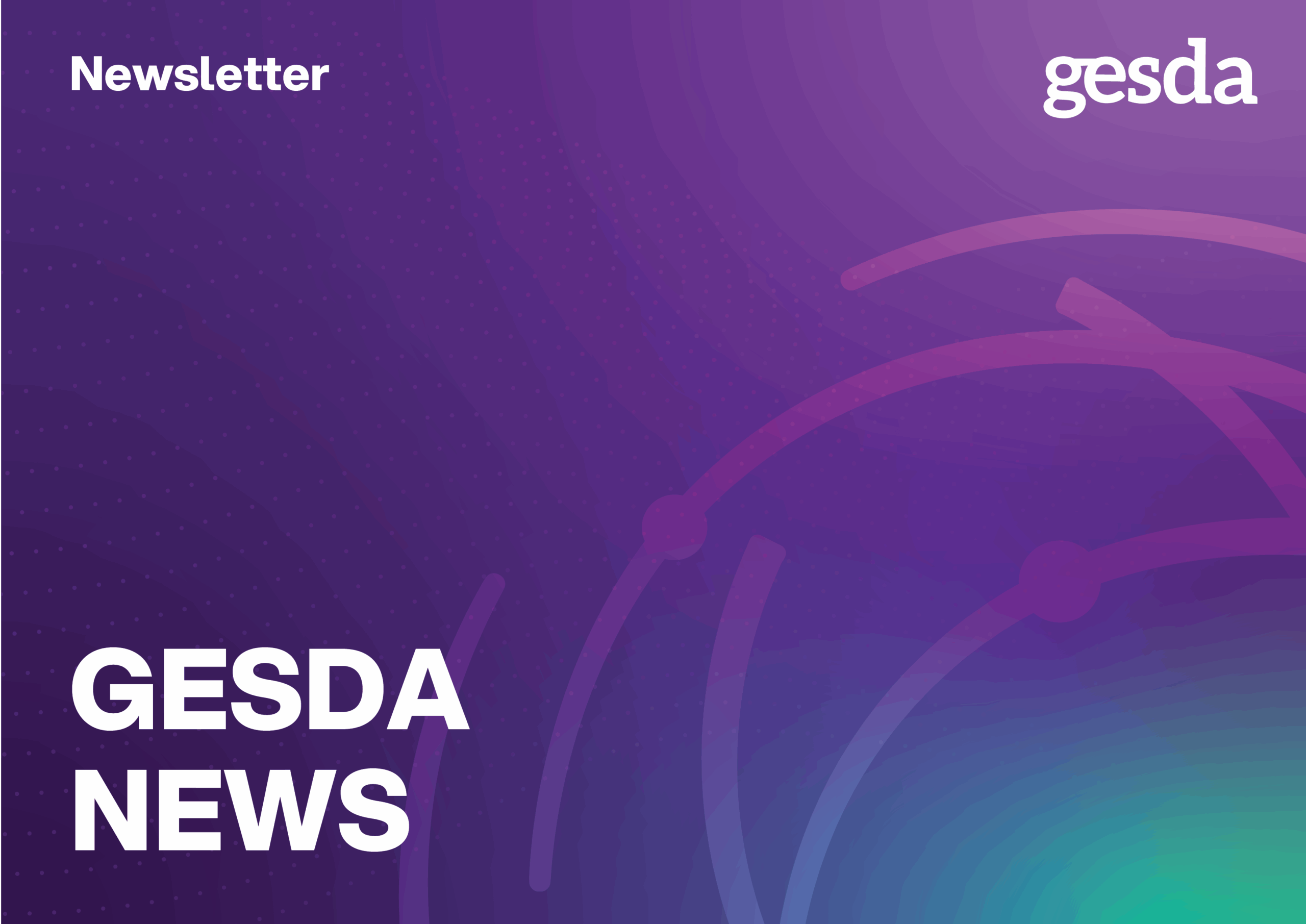The Geneva Science and Diplomacy Anticipator launches its First anticipatory mapping of science frontier issues and reveals its “Situation Room” methodology
Meeting online on 7 July 2020 for its second reunion, the Geneva Science and Diplomacy Anticipator (GESDA) Foundation Board of Directors approved the outcomes of the last six months of operations, keeping the Foundation on track of its 2020-2022 Implementation Roadmap. President of EPF Lausanne Martin Vetterli has been welcomed as co-chair of the Academic Forum; scientific emerging topics of the four GESDA thematic platforms have been prioritized, and filtered through a respectively 5, 10, and 25 years’ horizon; the approved GESDA methodology (called “Situation Room”) will be tested and enriched over the next 20 months; the priorities for the next seven months have been set.
The latter include the completion of the work on anticipatory scientific frontier issues, preliminary scouting of impactful solutions with the GESDA communities, an evaluation of possible partnerships, and outreach actions in International Geneva, now that GESDA has established its offices at Campus Biotech, the new hub of info-nano-bio-cogno convergence and renewed science diplomacy.
A First anticipatory mapping of science frontier issues
On 20 June in Bern, following four preparatory meetings, the Academic Forum chaired by Joël Mesot (President of ETHZ) and joined by newly elected co-chair Martin Vetterli (president of EPFL) kicked off the work of the four Platforms designed in December 2019, on four science frontier issues: 1. Quantum revolution & Advanced artificial intelligence 2. Human augmentation 3. Eco-regeneration & Geoengineering 4. Science & Diplomacy. In this framework, high-level scientists from both national and international top institutions were asked to moderate those platforms. These Moderators include: Matthias Troyer (formerly at ETHZ and now Distinguished scientist and Director of Quantum computer solutions, Microsoft, Seattle), Rüdiger Urbanke (Professor for Communication Theory, EPFL), Olaf Blanke (Bertarelli Chair in Cognitive Theory, EPFL at Campus Biotech Geneva), Gerald Haug (President of the German Academy of Sciences Leopoldina and Professor for Climate Geochemistry, ETHZ), Berend Smit (Professor of Chemical Engineering, EPFL Valais/Wallis in Sion), Dirk Helbing (Professor for Computational Social Science, ETHZ), Jean-Pierre Danthine (Professor EPFL, Managing Director of the Enterprise for Society Center (E4S), President of PSE – Ecole d’économie de Paris, former Vice-President of the Swiss National Bank). Effy Vayena (Professor of bioethics, ETHZ) agreed to accompany this work.
An anticipatory scanning of emerging challenges with the Diplomacy Community
In order to build a common understanding and consensus with the “users and operators” of what cutting-edge science and technologies can bring and assess their potential to help tackle emerging and future challenges, the Diplomacy Forum, chaired by former Director-General of the UN Office at Geneva Michael Møller, engaged many discussions with leaders of multilateral diplomacy. Geneva being host to the largest number of (governmental and non-governmental) organizations focusing on global issues – such as inclusive economic development, global trading, inequality, peace-making, public health, hunger, migration, resources, climate impact, etc. – greatly facilitates the direct interactions with key actors seeking global solutions. Anticipating what these challenges will look like in 5, 10, and 25 years, is crucial to ensure alignment of the emerging science with the foreseen needs.
A Methodology to be tested: the “Situation Room” process
To be translated from the lab into impactful and sustainable solutions to emerging challenges, the SABs will be further developed in the “Situation Room” process, an innovative methodology developed by GESDA. It is designed to facilitate the interactions and collective participation, very early on, of actors from various communities broader than science only (citizens, international and intergovernmental organizations, diplomats, NGO, business, philanthropy, artists, media, youth associations, etc.).
Through a multi-step development mechanism, from ideation of the output to its global implementation, the Situation Room must ensure the broad translation of science into exploratory projects for the benefit of humanity. Such solutions can vary, depending on the scientific field and the challenges to be addressed – whether a straightforward technology, a research center (e.g. a “CERN for quantum”), a global framework agreement (e.g. on the use of natural resources), or other programs of concrete actions on the ground.
This Situation Room process has been validated by the Board of Directors as a blueprint to be enriched. It will be tested during GESDA’s pilot phase, with the first solutions schemes to be developed through creative coalitions in spring 2021 and evaluated in summer 2021. If successful and reproduceable this process could become a renewed methodology for multilateralism, showing how an initiative born in Switzerland and anchored in International Geneva can bring together the brightest and most influential people from different global circles, and transform their interactions into a greater impact for the world’s people.
To learn more:










